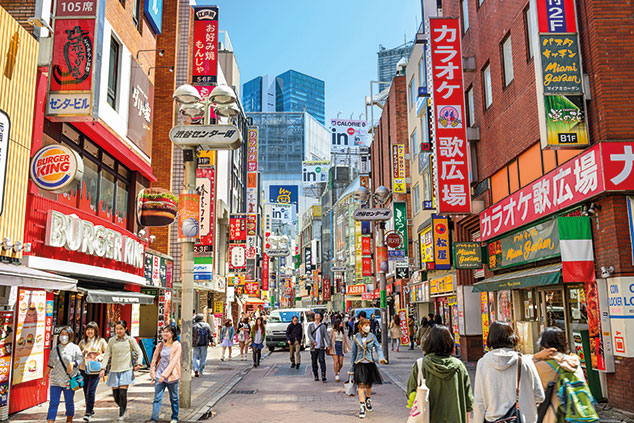
But this looks wrong-headed given the encouraging backdrop. Japan has returned to solid growth after shrinking in the first quarter. The world’s third-largest economy expanded at an annualised pace of 1.9% between April and June.
Japanese equities are heading in the right direction
Other indicators appear promising, too. Japanese companies are spending more on technology as they cope with the tightest job market in decades. Unemployment has halved since 2010 and stands at 2.3%, and there are more than 1.5 job vacancies for every applicant. This has led to the strongest wage growth for more than 20 years. In addition, recent reforms have brought more women into the labour force and the government has relaxed its attitude to foreign workers by granting short-term visas for the tightest sectors such as healthcare and tourism. The upshot is that higher wages should fuel consumption – which accounts for around 60% of GDP – and growth unless trade conflicts with the US worsen, according to Megumi Fujikawa on MarketWatch.
The hope is that higher wages will put upward pressure on prices, leading in turn to higher wages. The data show that so far increasing labour costs haven’t created this virtuous circle, which would definitively put an end to two decades of deflation. The nationwide core consumer price index (CPI), which includes oil prices but excludes volatile fresh food prices, rose 0.8% year on year in July. The Bank of Japan remains far from its 2% inflation target.
But that also means the equity market will continue to benefit from the Bank of Japan’s money-printing programme. And while market liquidity remains ample, the number of companies with foreign sales at more than 30% of their total has doubled in the past 15 years, according to Stevenson.
This reflects growing confidence and activity overseas. Throw in a forward price-earnings ratio for the average Japanese share of just 12 times expected earnings, compared with 17 in the US and Europe, and the market looks “compelling”.